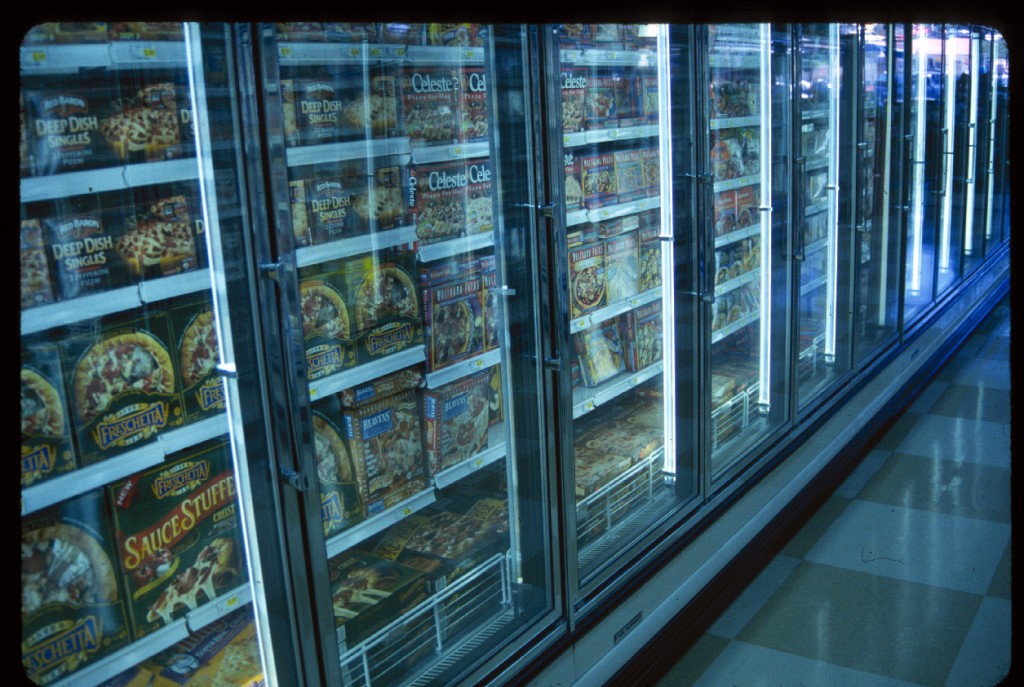The British public throws away approximately 7.2 million tonnes of food waste every year – of which only 2.8 million tonnes actually needed to be binned.

Many people believe food is unsafe unless they freeze it on the day of purchase due to these guidelines being written on the packaging – so can you really blame people for simply throwing food away? However, the food in the commercial property could have been on the shelves for a few days already, meaning people have been jeopardising this rule without their knowledge. Yet, as the majority are still here, the food must be safe.
Andrew Parry, Consumer Food Waste Prevention Manager at WRAP, stated: “Now we can all look in our fridges and know that we can freeze most items which are about to go out of date and enjoy them at a later time.”
To combat the issue and to help save the planet, retail commercial property Sainsbury’s is working in conjunction with Waste & Resources Action Programme (WRAP), and have decided to remove advice from their packaging stating that food needs to be frozen on the day of purchase. Instead, food can be safely frozen right up until the use-by date. This will hopefully save around 800,000 tonnes of food a year, as families can simply freeze food instead of throwing it away.
Beth Hart, head of product technology at Fresh and Frozen, states that freezing food is safe right up until the expiry date: “There is no food safety reason why it cannot be frozen at any point prior to the use-by date.”
On average, a family wastes around £50 worth of food every month, which equates to £12 billion per year when applied to all families in the UK. The environmental impact that this causes is equivalent to the same emissions that every one in five cars produces (around 17 million tones of CO2e).
Speaking of the move by Sainsbury’s, Lord Taylor, Environment Minister, said: “This is good common sense by Sainsbury’s and it’s good news for hard-pressed family budgets.”
It was only recently that sell-by dates were removed completely from food packaging in commercial properties to help combat people throwing away good food. Use-by labels are used mainly on products such as cheese and fish, whereas best before dates are shown on products like biscuits, crisps and jams, where the food is still safe to eat for some time to come but may not be at its best.
It was recently proved that food can remain safe for years after a date on the product has expired. A pensioner found a 64 year old tin of lard that he had kept for emergencies during the war. The lard was tested in a laboratory to make sure it was harmless; although it was safe, the taste wasn’t at its best – but what do you expect for something that is over 60 years old?